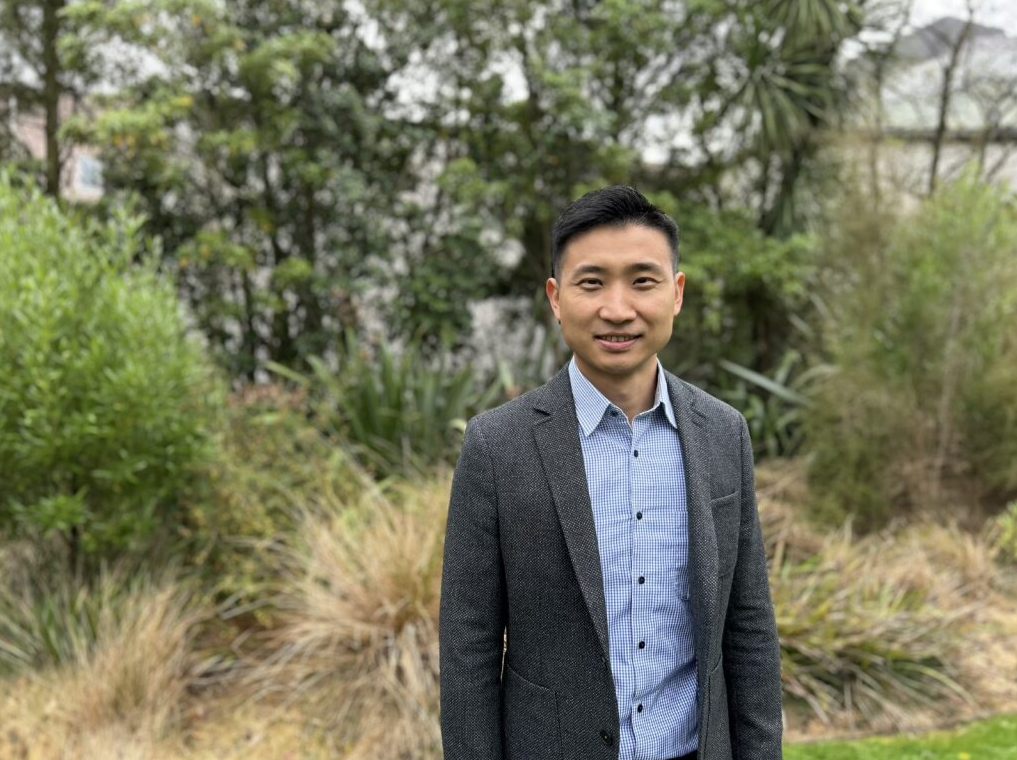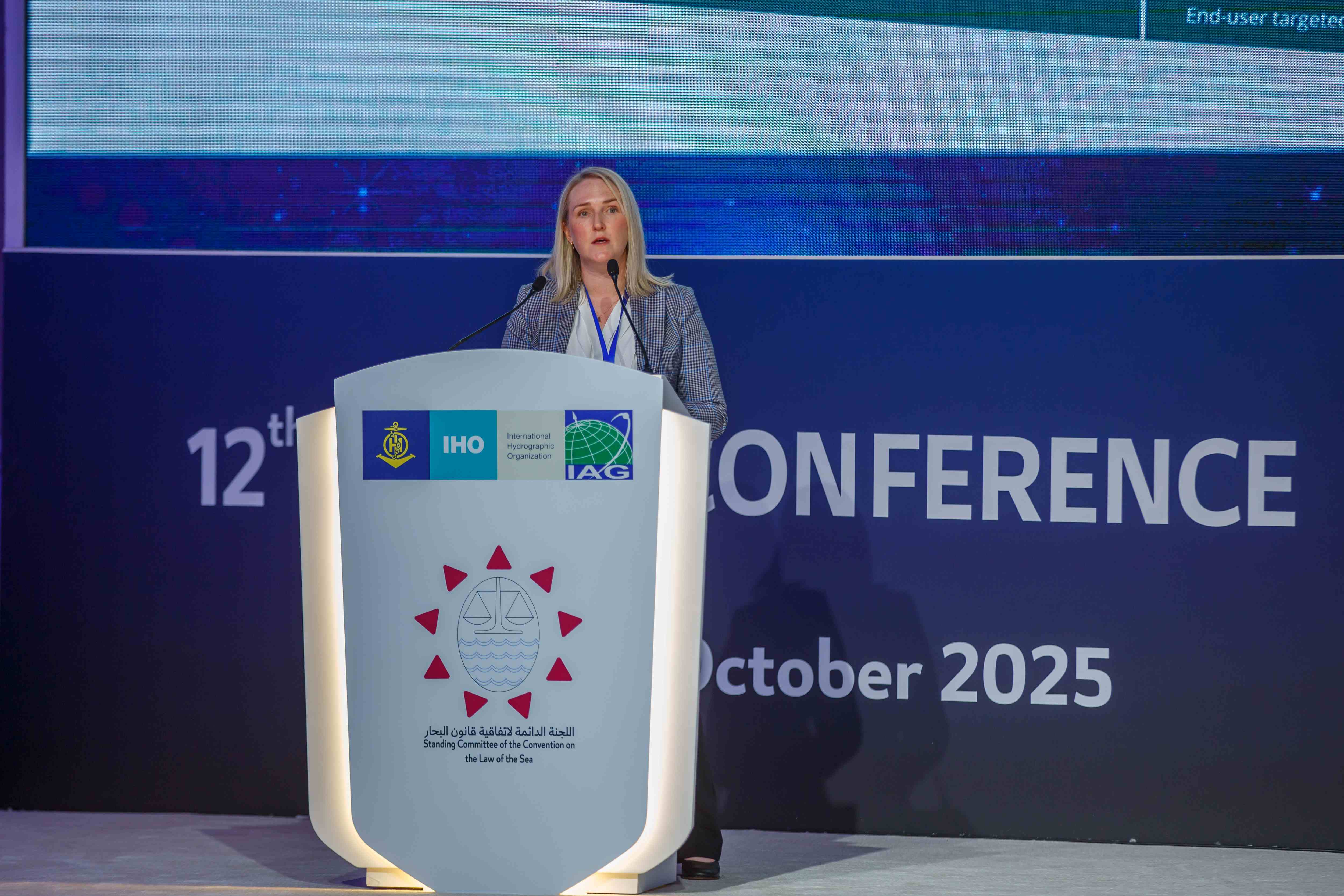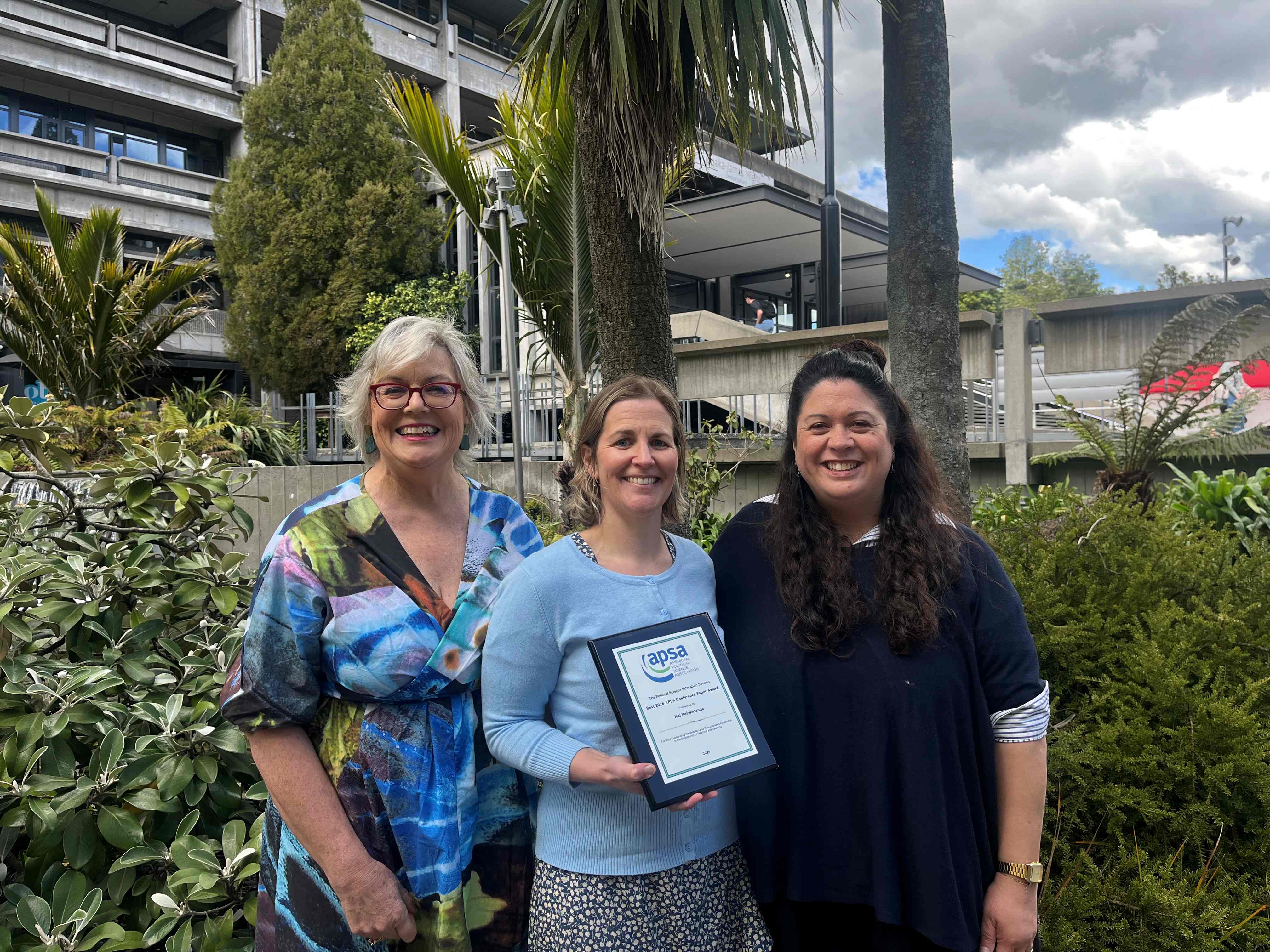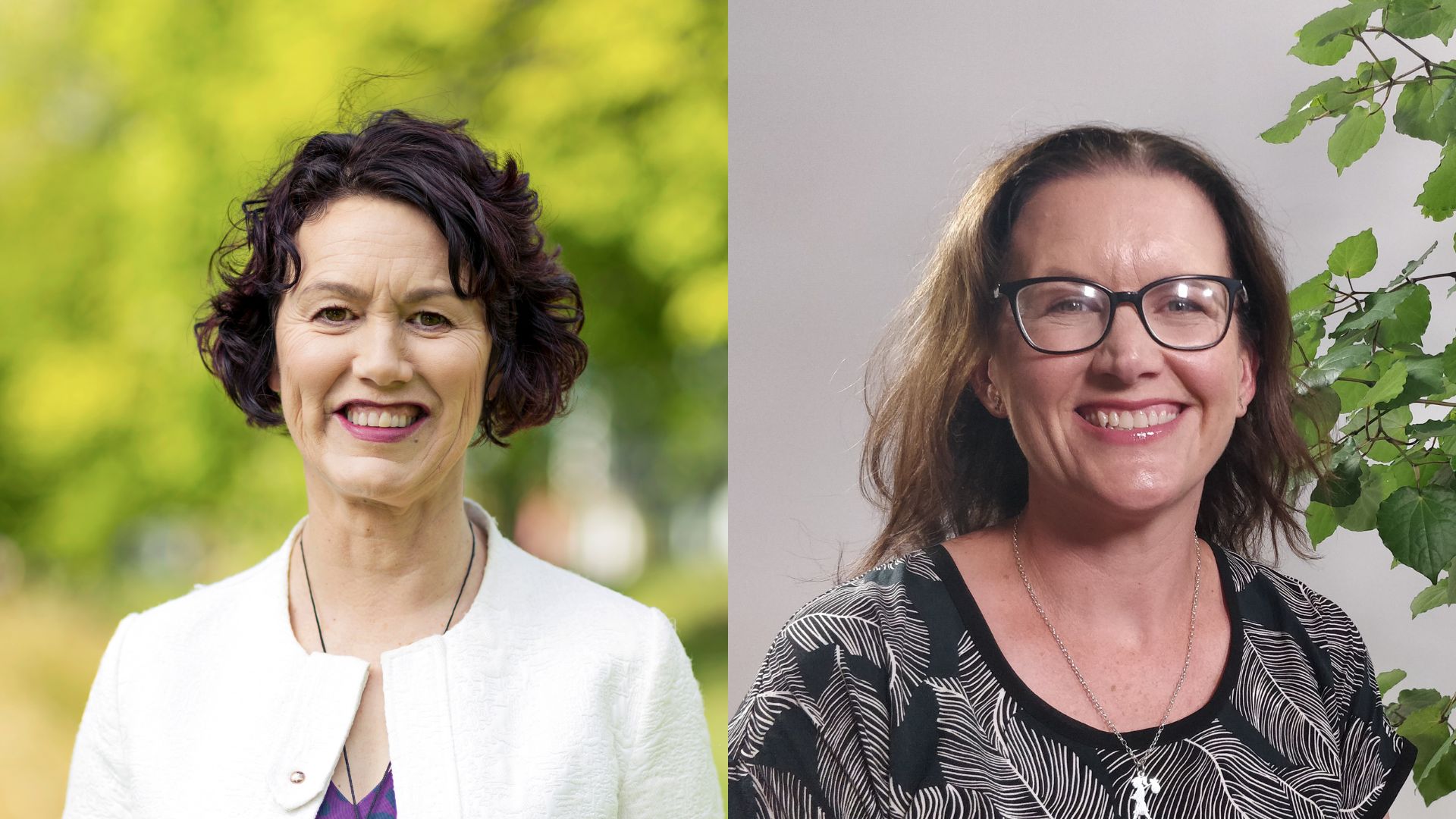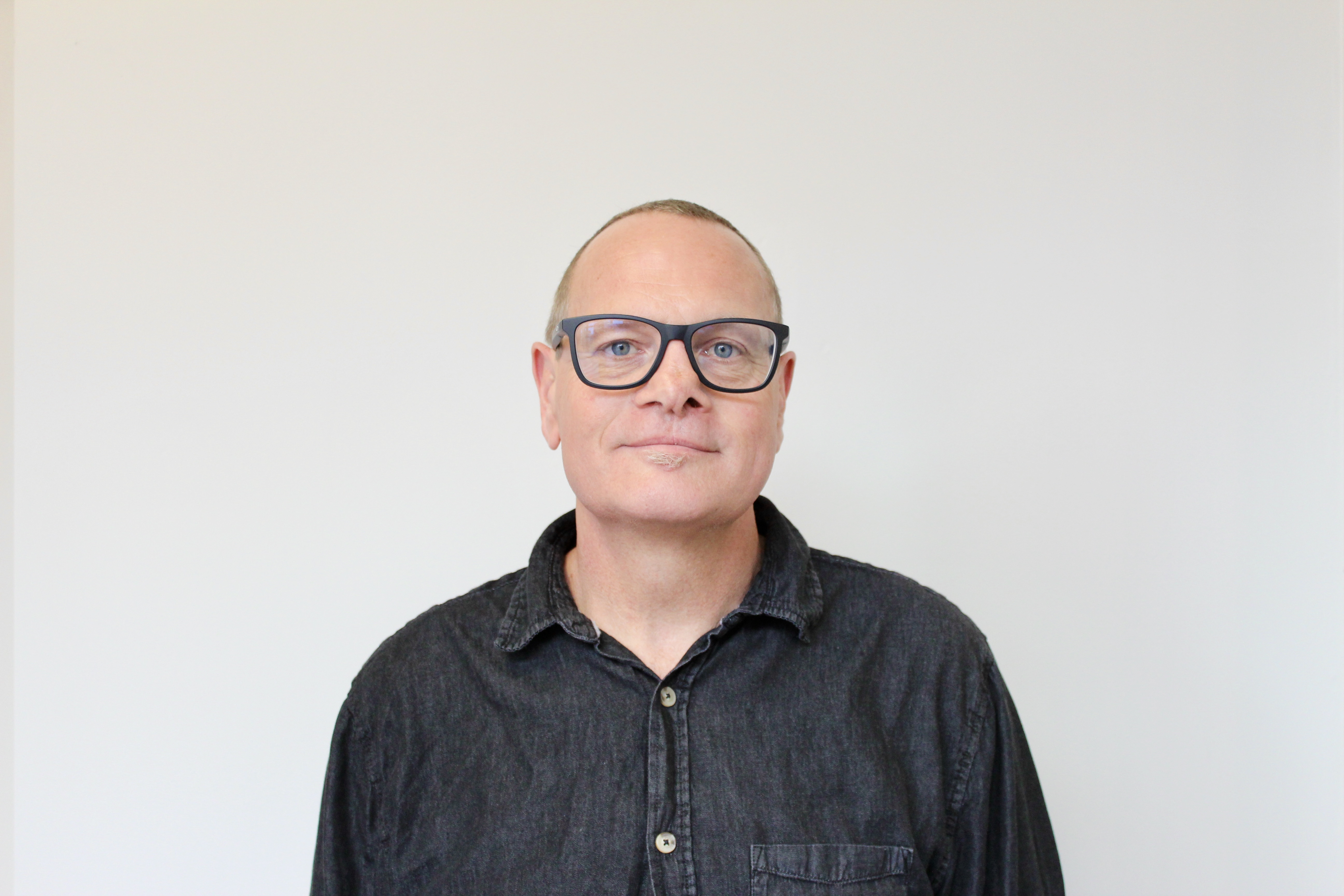“My research shows that young people’s views of themselves are in line with these harmful stereotypes, so that makes it even more important to break this cycle and change the narrative,” UC Education Lecturer Dr David Pomeroy says.
Not all students in Aotearoa New Zealand are free to dream about their future it seems, with many limiting themselves to harmful and outdated gender and ethnicity-based stereotypes.
Findings from a recent study of 425 diverse 13 year-olds set off alarm bells for education researcher Dr David Pomeroy from the University of Canterbury (UC) when he looked into students’ attitudes towards Physical Education (PE) and maths.
While most male students enjoyed PE, male students who are Māori, Pasifika or lower socioeconomic status (SES) Pākeha were much more likely to assume they would go into physical careers. This was true even for those who performed well at maths.
“To illustrate the combined effect of ethnicity and SES, high-SES Pākeha boys were about five times less likely than low-SES Māori or low-SES Pasifika boys to aspire to a trade job, and half as likely to aspire to any stereotypically ‘physical’ job, including professional sport, trades, and military careers,” Dr Pomeroy says.
“The socially privileged students liked PE, which was the most popular subject across the board by far, and playing sport, but they didn’t see them as stepping stones to a job. They had high confidence and achievement in maths. Overall, socially privileged Pākeha students aspired to stereotypical professional jobs like lawyers and doctors. High-SES Pākeha boys were also more than twice as likely as low-SES Māori and low-SES Pasifika boys to aspire to a ‘professional’ job.”
Female students didn’t fare such better. Female students who were Māori, Pasifika or Pākeha from low SES families had gender-dependent aspirations, citing preferences for service jobs such as beautician or air hostess.
These career assumptions influenced – and limited - their attitudes to school subjects, with wide-ranging implications.
“The situation is that we feel that we’ve moved on from the old days of blatant racism, but we still often think about our lives in ways that reflect racist and sexist assumptions about who is talented at what,” Dr Pomeroy says.
In many ways, the culture in Aotearoa New Zealand provides role models for what Dr Pomeroy sees as “one process supporting intergenerational reproduction of income inequalities, which poses some difficult questions about our national hero-worship of mainly male sports stars”.
“Many of our most nationally celebrated Māori and Pasifika men are known for sport. Should we be proud of and celebrate their achievements? Of course. But we need to be careful not to slide into the assumption that Māori and Pasifika boys won’t be interested in or have ‘ability’ in academic learning.
“My research shows that young people’s views of themselves are in line with these harmful stereotypes, so that makes it even more important to break this cycle and change the narrative.”
Dr Pomeroy’s previous work found implicit racial bias when students were streamed for maths ability. He wanted to get “a better understanding of why ethnicity and socio-economic status seem to impact so strongly on school success, especially in maths”.
“I was especially worried about the doors that close for students when they don’t do well in maths – the obvious ones like accountancy, but also ones you might not expect like being a psychologist or vet.”
To redress the situation, Dr Pomeroy says,
We need to give students and whānau accurate information about what doors they are closing with particular subject and standard choices, before it is too late, especially under NCEA where the options are complex and confusing, but the choice of one standard over another can be crucial and permanently close off great options.
- We need to stop acting as if test results reflect future potential – they don’t. All students need to be challenged.
- We need to be honest about how inaccessible and risky professional sport is as an actual job category.
- Teachers need to talk about the job market and not leave this to careers advisors
- We need to examine our own biases about race and physical and intellectual talent, and think about how we might be engaging in ‘positive racism’ by encouraging Māori and Pasifika boys into sport and Pākeha boys into ‘academic’ subjects.
The article For whom is mathematical success compatible with ‘physical’ masculinity? Social class, ethnicity, and imagined futures was published in the British Journal of Sociology of Education.
Excerpt from the study:
Michael and Joshua, two Pacific-heritage boys from St Edmunds, displayed a similar level of identification with physical rather than academic capital. Both boys were in the top class at St Edmunds and had mathematics attainment around the national average for their age. Neither boy reported the level of difficulty with mathematics expressed by Callum, yet they did talk of always being blamed when other students were noisy, and both listed PE as their favourite subject. Michael’s least favourite was mathematics and Joshua’s least favourites were English and Religious Education. Both rated PE as very important and wrote on their questionnaires that they wanted to be professional rugby players. Both boys followed a range of sports on TV, including rugby league and Ultimate Fighting Championship (UFC) mixed martial arts, both of which are highly professionalised at the top end. The top end, however, was a long way away for Michael and Joshua…
My argument is not that there is anything wrong with the ‘physical’ jobs that Michael and Joshua imagine for themselves, or with their evident enjoyment of sport and PE. What troubles me is that they are coming to see themselves as on the margins of academic schooling even though they are attaining reasonably good results. Each lists a core ‘academic’ subject as their least favourite, and they rule out ‘office jobs’ despite (or because of?) not knowing anyone who has one…
My argument is not that these boys lack mathematical capability or potential. Rather I suggest that it is difficult for them to occupy the subject position of the ‘smart’ or ‘brainy’ student within discourses of academic and specifically mathematical ability. By the time they reach Year Nine, many of these students have received years of low or average test results and seen other students put in ‘extension’ groups or ‘gifted and talented’ programmes. Such students, largely positioned outside institutional definitions of academic success, can find a sort of refuge in PE and sport.


